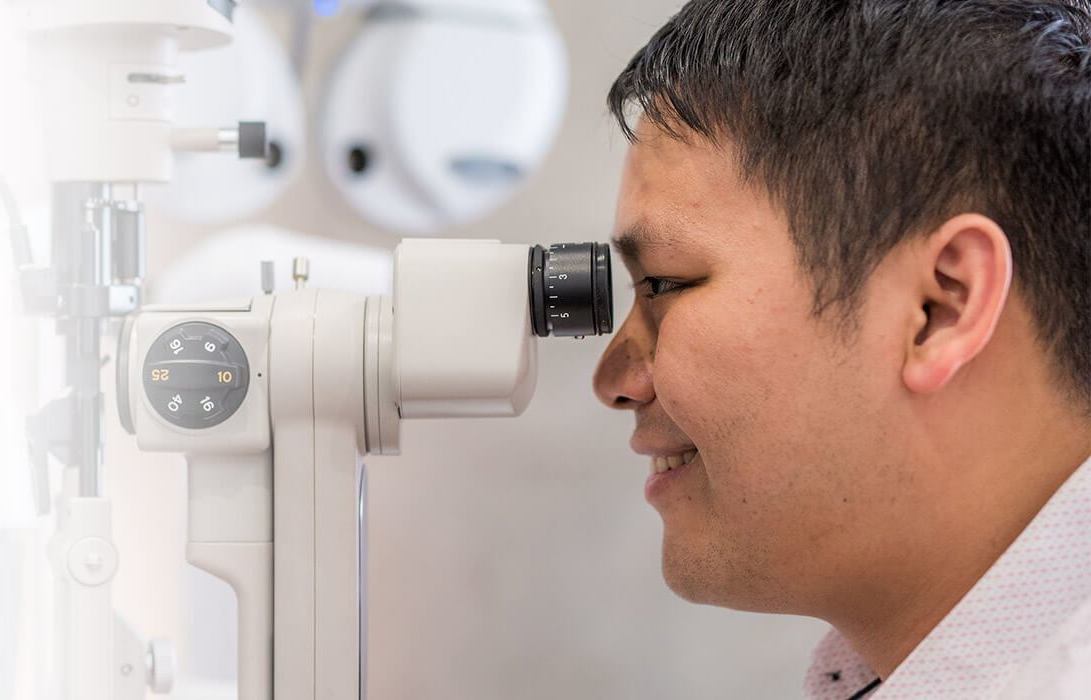Complete guide about Optometrist Melbourne
The Optometrist Melbourne is a health professional with a university degree, dedicated to the care and improvement, in primary care, of everything related to the vision and the visual health of the population. This professional is trained to recognize and treat situations related to a functionally inadequate visual system that requires some type of compensation with corrective lenses (glasses or contact lenses), as well as training or visual therapy and preventive procedures.
The optometrist is a health professional, but not a doctor, for that reason he cannot diagnose pathologies such as retinal detachment, cataracts or glaucoma. In the case of detecting or suspecting these or other diseases, the optician must refer the patient to the ophthalmologist to confirm and, if necessary, treat the disease.
Basic competences of the optician-optometrist:
•Detect any vision dysfunction.
•Managing the various devices for measuring and assessing the visual function and structures of the eye and the visual system.
•Correct refractive problems and other visual dysfunctions through lenses and ophthalmic treatments.
•Graduate the view of the patients (detect the exact number of diopters of myopia, hyperopia or astigmatism).
•Assemble ophthalmic lenses in glasses and control their quality.
•Adapt any type of contact lens.
•Advice patients on visual health (eye care, prevention factors).
Frequently, this health professional is the first to detect eye diseases in people who come to the optician or health center, as well as those diseases of a general nature that can be reflected after a comprehensive review of the eyes, such as hypertension or diabetes.
A very established profession with excellent professional opportunities:
The optician Best Optometrist Melbourne can participate actively in tasks that benefit the visual health of the general population, such as the diagnosis and optometric treatment of visual dysfunctions (for example, refractive errors), and also the prevention of systemic diseases. This also requires the exchange of information with other health professionals.
In terms of the labor market, the main professional outlet for an optometrist corresponds to the development of their work in the optics centers, which is where the primary visual attention activities, the assembly of visual aids, visual rehabilitation, etc. usually take place.

It is also carrying out a progressive integration of these professionals in the ophthalmology and refractive surgery centers since the sanitary and experimental profile of these graduates allows them to collaborate effectively with the ophthalmologist. In this professional area, they fulfill very important functions. Some of them would be the use of ophthalmic and ophthalmological measurement and diagnostic instruments provide information and advice on the optical aids available, as well as all the tests before and after various surgical procedures.
Another of the professional outputs is the development of activities in manufacturing companies, maintenance and/or distribution of glasses, contact lenses and all types of optical instrumentation. Within this field, the professional outputs are quite varied, since they can range from product design to positioning and final sale.
The sum of all these possibilities of professional development supposes excellent expectations of placement of these specialized health technicians in the vision once they have finished their studies, which have both theoretical and practical focus.
What fields of research are applied to optometry?
As you have seen, the Optometrist Melbourne is a professional who is not included in the area of medicine, but in the field of health sciences. Therefore, even if he is not a doctor, his work is focused on the health and well-being of patients. This also defines the type of work and study sectors, among which include the following:
•Physiological optics
•Optometric instrumentation
•Neuro-optometry
•Contactology
•Visiogenesis
•Clinical optometry
•Low vision
•Training and visual reeducation
Likewise, within the science of optometry optics, several fields are closely related to this science. Thanks to them, optometry meets the needs that allow patients to improve their visual quality and primary care in terms of visual health.
The main sciences of optometry optics are the following:
•Physical
•Anatomy
•Biology
•Neurology
•Physiology
•Psychology
•Pharmacology
•Pathology
•Ergonomics
Thanks to the A+ Optometry team, their services allow the patient to improve their visual quality, both through the use of glasses and contact lenses, as well as through other devices that complement and improve the visual health of the patient.